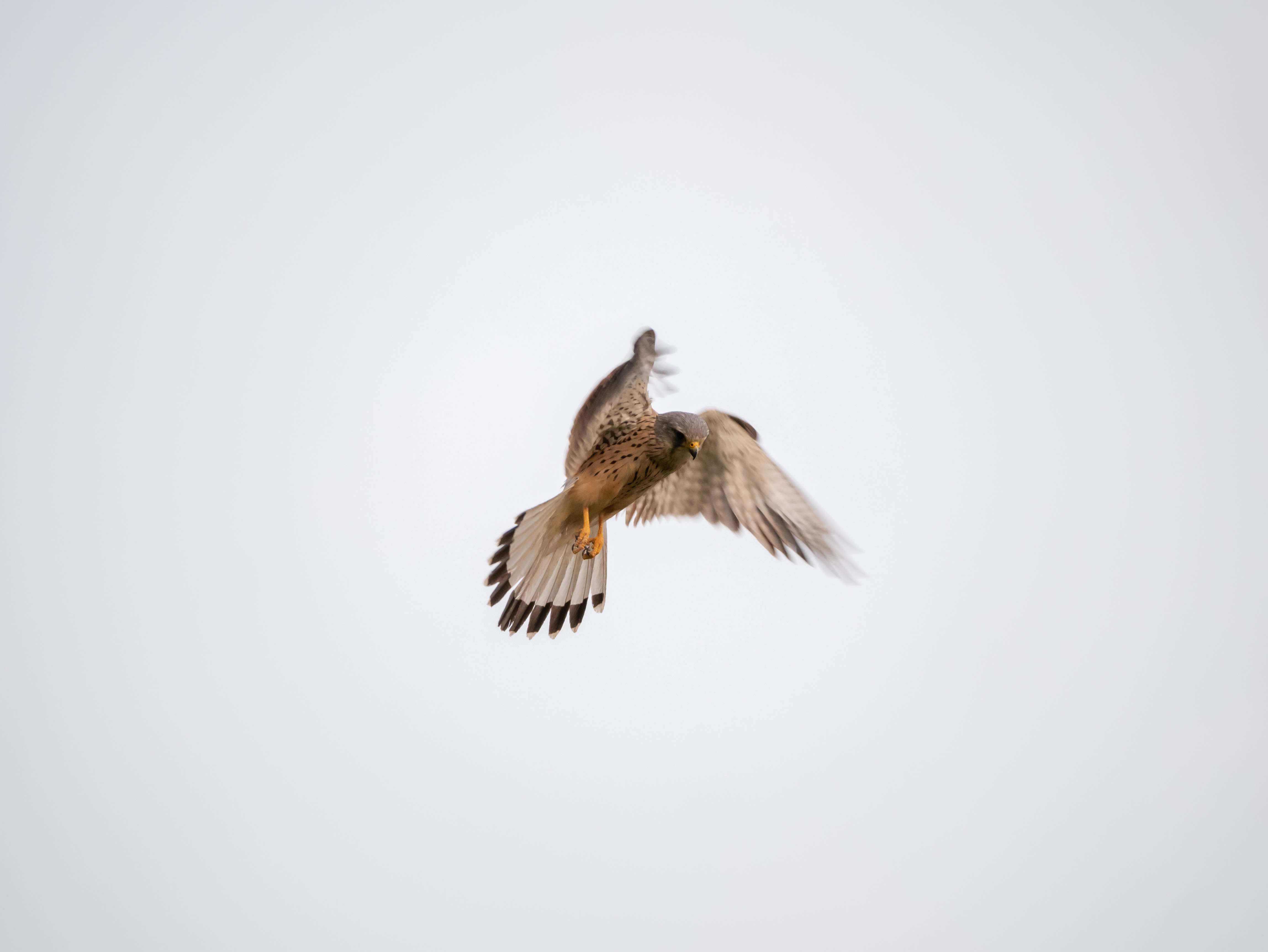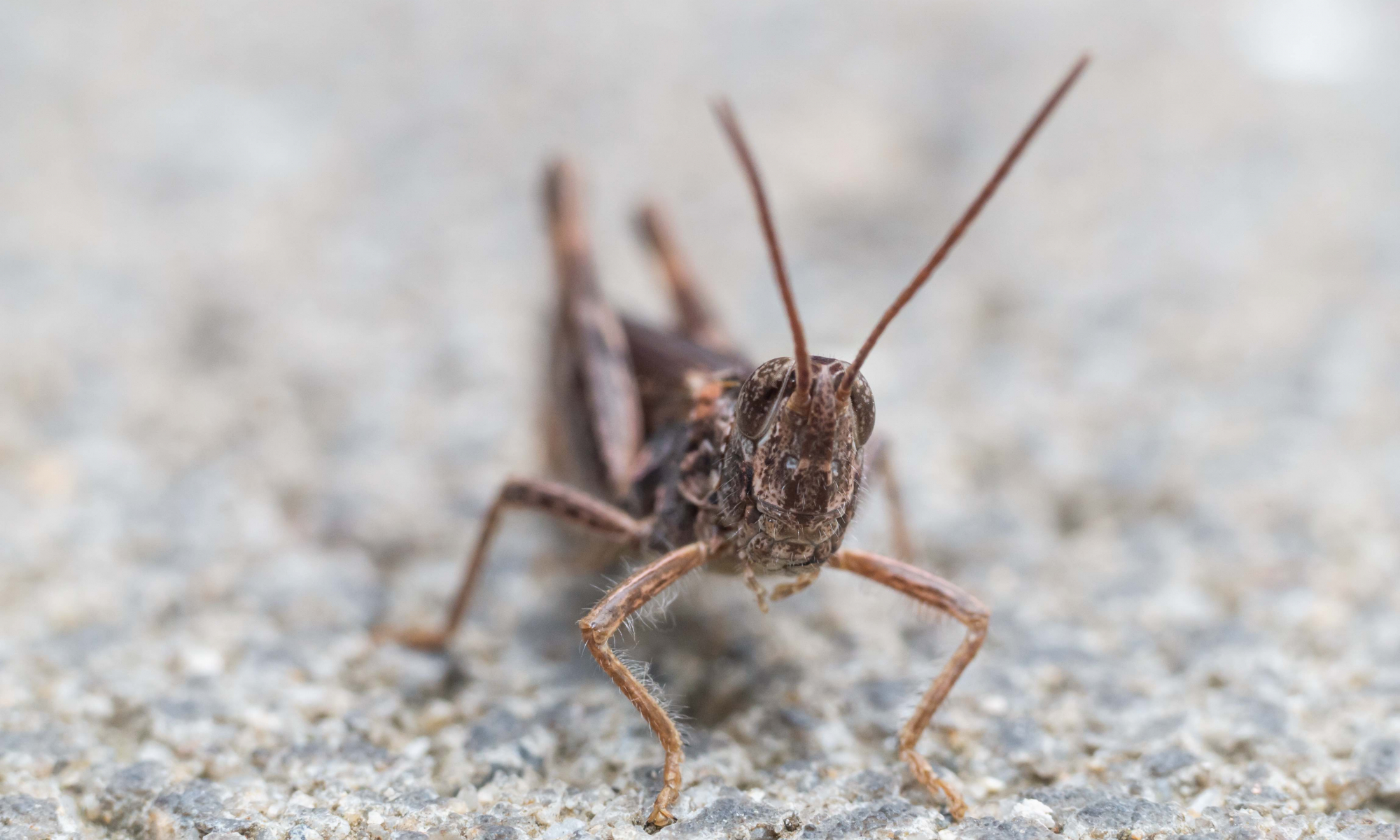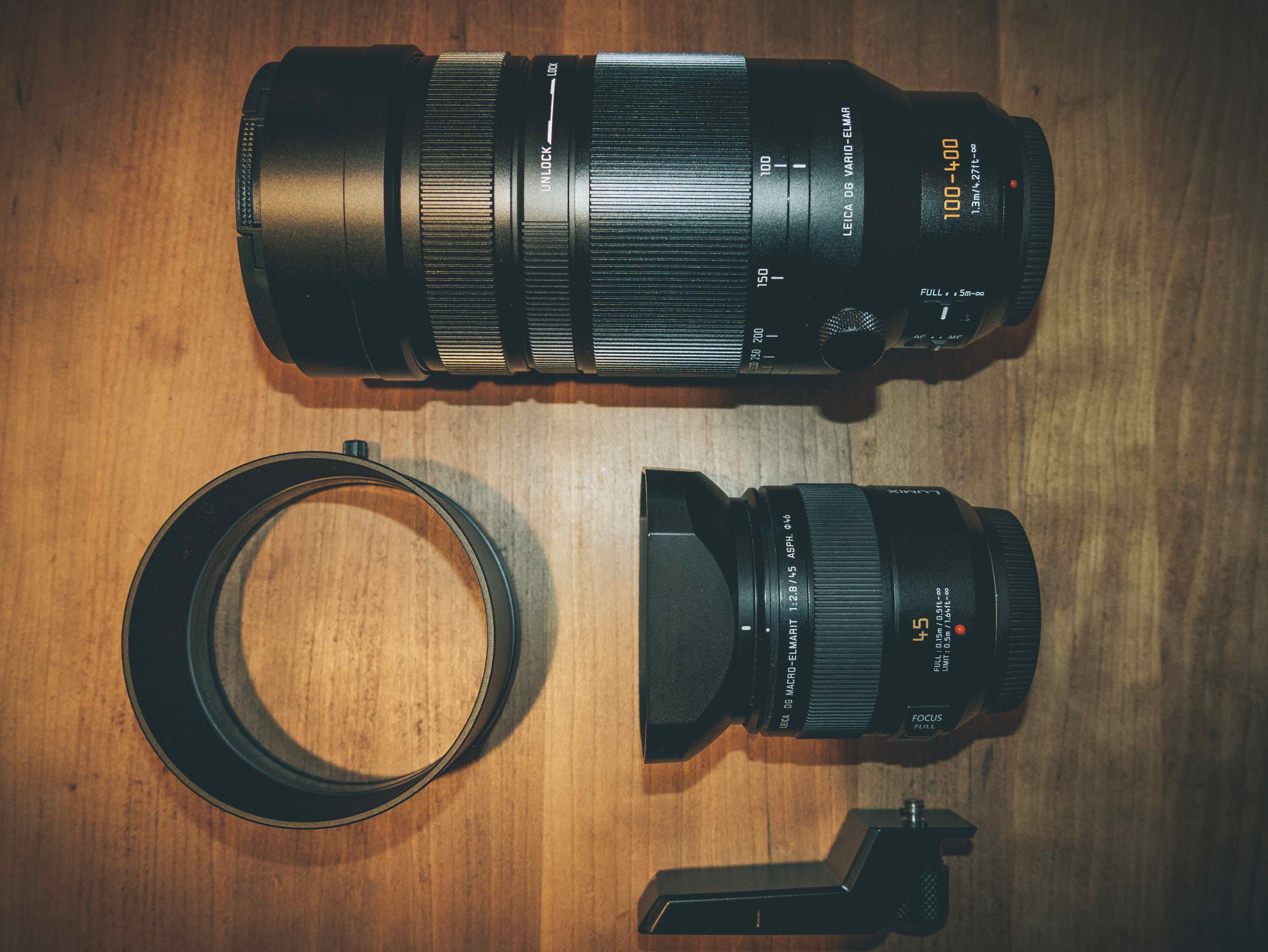Hey, I recently spotted a red-tailed hawk in Vienna. This is my first time seeing such a beautiful hawk in a city. Here are some shots I have taken of this beautiful creature.


Sebastian Nikolaus Dichler
After months of saving money for this lens, I’m finally a lucky owner of the Panasonic Leica 100-400mm f4-6.3 lens. I mainly use this lens for what it is supposed to be, a wildlife and bird photography lens. I’m not leaving my room without this lens.

This lens was released by Panasonic in April of 2016. It is offering an astonishing 200-800mm equivalent field of view in a small package (985g).
This lens uses a variable aperture, which increases, as you increase the focal length:
| Focal Length | 100mm | 200mm | 300mm | 400mm |
|---|---|---|---|---|
| Largest aperture | f4 | f5.1 | f5.7 | f6.3 |
| Smallest aperture | f22 | f22 | f22 | f22 |
A good friend of mine was having a manual full analogous Leica M camera. Therefore he had lenses like the Leica M 35mm f2, 90mm f2 and the 50mm f1.4.
In this post, I am going to talk about the pros and cons of the Leica M 50mm f1.4.
This lens is one beautiful but also hard to handle lens. It is getting traded for about 3000$ on the market. But I got one of the older versions of the Leica M 50mm f1.4.
At first, I have to say, this lens is creating the biggest bokeh balls I have seen so far wide open. And there’s the first problem about this lens. Wide open it’s pretty hard to get crispy good photos because it’s creating some fog.
As you can see in the images bellow, this lens is sometimes pretty useless at f1.4, therefore I was mostly using this lens at f2 or f2.8 to shoot images with.
I was mainly using this lens for portraits as this is like a telephoto portrait lens for the MFT system.
I’m really happy sharing my experience with you, so keep in and check out these images taken with the Lumix G85 and the Leica M 50mm f1.4.